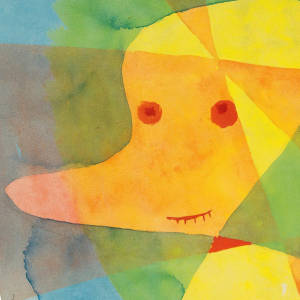Baghdad
I have been spring cleaning. It is long overdue, but I think you have to be in the mood.
There’s a certain pleasure in ridding oneself of unnecessary things; when I do, I find myself feeling lighter mentally, not just physically.
I say this as one who holds on to too many things, just in case. Not a hoarder, mind you, but there are lots of little things that take up space and I only hold onto them because they might be useful one day, or because they remind me of someone, someplace, some time.
Taking the Marie Kondo approach, it is easy to get rid of things that you really don’t need, but I find myself equivocating (and ultimately deciding to keep) things that hold memories. I suppose that’s all right — by definition, these are important to me and bring me joy (or, if not joy, the opposite).
There are letters, lots of them. From friends, relatives, and lovers. Analogue keepsakes that I treasure, the more so in a world where we seldom write and send letters anymore.
Much of what I am talking about relates to travel — souvenirs from places, and in many forms (maps, tickets, business cards, brochures). The record of a journey that, when I look at these items again, reminds me of my younger self and my experiences.
Take this map for example. By rights, I should not have it. It was an under-the-counter purchase when I visited Baghdad in 1989, shortly after the end of the Iran-Iraq war. Maps were forbidden, as the journalist Tony Horwitz noted in his book “Baghdad without a Map”.
Walking around the city, I found the map useful even if some landmarks were not where they had been. (They had been moved to confuse the enemy.)
Baghdad was, as I imagine it still is, a dangerous and paranoid place. Anti-aircraft guns on top of buildings. Men in army fatigues. Secret police everywhere.
I had checked in with the New Zealand embassy and knew there were places not to go. Nineveh, for instance, and a lot of the south, because there the war was still on — a different war, as Saddam Hussein was fighting his own people, the Kurds. Some German tourists had been arrested a month earlier for being in the wrong place at the wrong time. And I knew that I had to walk on the other side of the street when passing the Imperial Palace (or be suspected a spy).
I hadn’t been able to keep up with my travel diary after leaving Turkey, and it is these mementoes — a map, a bus ticket to Babylon, an embassy business card — that bring back the memories.

Comments
Sign in or get an account to comment.


